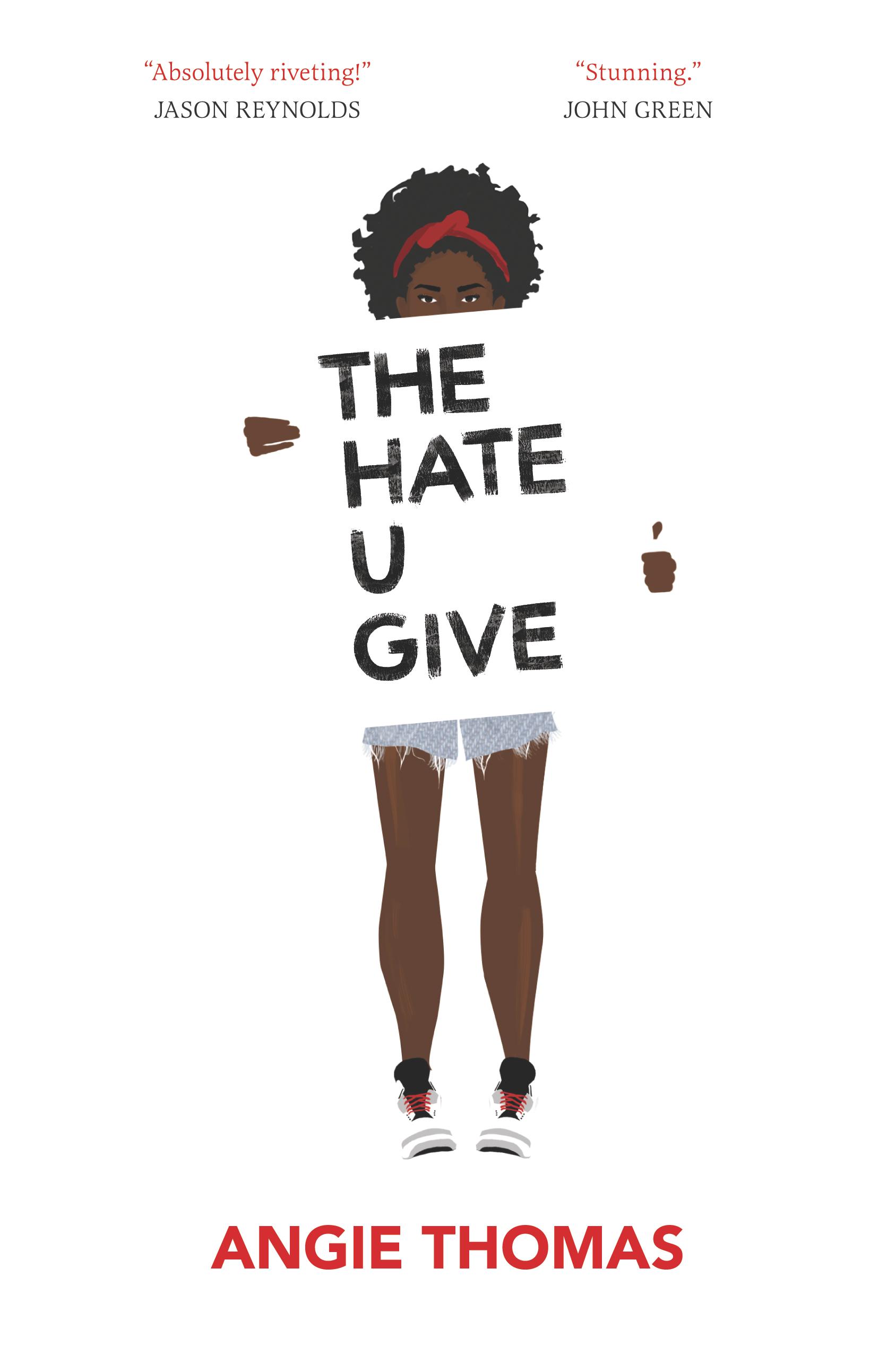The Line
by Garrett Zecker
"He taught us about food — but more importantly, about its ability to bring us together. To make us a little less afraid of the unknown." - Barack Obama on Anthony Bourdain, June 8, 2018.
I knew I wasn’t right halfway through the sentence, “I haven’t known anyone directly that it happened to.” My girlfriend was silent beside me in the car. The specter of suicide and death can suck the air out of a conversation. “Well, except for Clark*. I forgot he was dead.” The specter du jour was the sudden and unexpected death of the chef and writer Anthony Bourdain.
My experience with Bourdain’s work mirrored a reality I was intimately familiar with. I slung drinks and barbecue on Boylston Street in Boston, and with every life change, I changed restaurants and moved further and further westward in the state. I plated pasta and uncorked wine, poured coffee and sliced pie, shook margaritas and shimmied chimichangas. There was an ‘I ate the worm’ club. There were t-shirts. Those years were humbling, exciting, exhausting. They were unsustainable.
When I first entered the industry, Bourdain’s book Kitchen Confidential had just come out. I took it out of the library. I devoured it, one of the first books that depicted my experience: chefs hopped up on coke to keep the plates flying, waiters and waitresses fucking on the bins holding food they’d serve to our customers, the horrors, the absolute horrors of rotting food behind the swinging doors, the constant opening and folding of restaurants, the dreams, the stress dreams, and the nightmares that accompanied what we all wanted to accomplish. Bourdain nailed it with his unapologetic, brutal, energetic presentation of it all. What’s more, Kitchen Confidential arose from a deal he got when he accomplished that single-random-slush-submission-to-fame New Yorker story that all writers fantasize about but few accomplish. His gritty, stained life was the life I romanticized about.
Bourdain was a virtuoso. He didn’t care what anyone thought.
I knew Clark from the gym. He was a kind, friendly man. We became acquaintances when we found out that we worked for the same school. He was a part-timer, and always sounded like he was hurting for money. We’d text each other occasionally, share writing. He showed me the photography he took with his flip phone. He’d confide in me a relationship he was having with a man who was married to a woman that never reciprocated his advances. He wouldn’t leave his wife. He confided his long legal battle with his landlord over affording his rent. Every Sunday he chopped firewood to earn money. His last six text messages were about earning enough money. He didn’t think school would ask him back to work part time in the fall.
A few months later, he was gone in a small fire he set as he was being evicted. Some friends organized a small memorial at a local restaurant to collect money for his funeral. Someone collected his remaining belongings, what wasn’t destroyed. We chatted about Clark’s thoughtful and selfless ways. Binders upon binders of his photography were recovered. He had an entire photography career in the eighties, taken not with a Motorola but on film. Beautiful pieces explored the body and nature. There were awards, magazine layouts. We were allowed to take some home to remember him by. Everything smelled of embers.
Clark was humble, but no less a virtuoso. From what I hear about Bourdain, he was just as kind, friendly, and true to those he loved.
Neither of these men’s stories are mine to tell. I only have one of their phone numbers and text messages still in my phone as if keeping them might evoke one last call or message from him. But they both brought me joy.
A chef's mise en place and prep area is called "the line," like war, like that thin knife's edge, so hard to see in in two dimensions. Sometimes, that line is so thin it’s invisible.
*Some names have been changed for this story. If you or someone you know needs help, please call the National Suicide Prevention Lifeline at 1-800-273-TALK (8255).
Garrett Zecker is a current degree candidate at Southern New Hampshire University's Low Residency MFA in Fiction and Nonfiction.




















